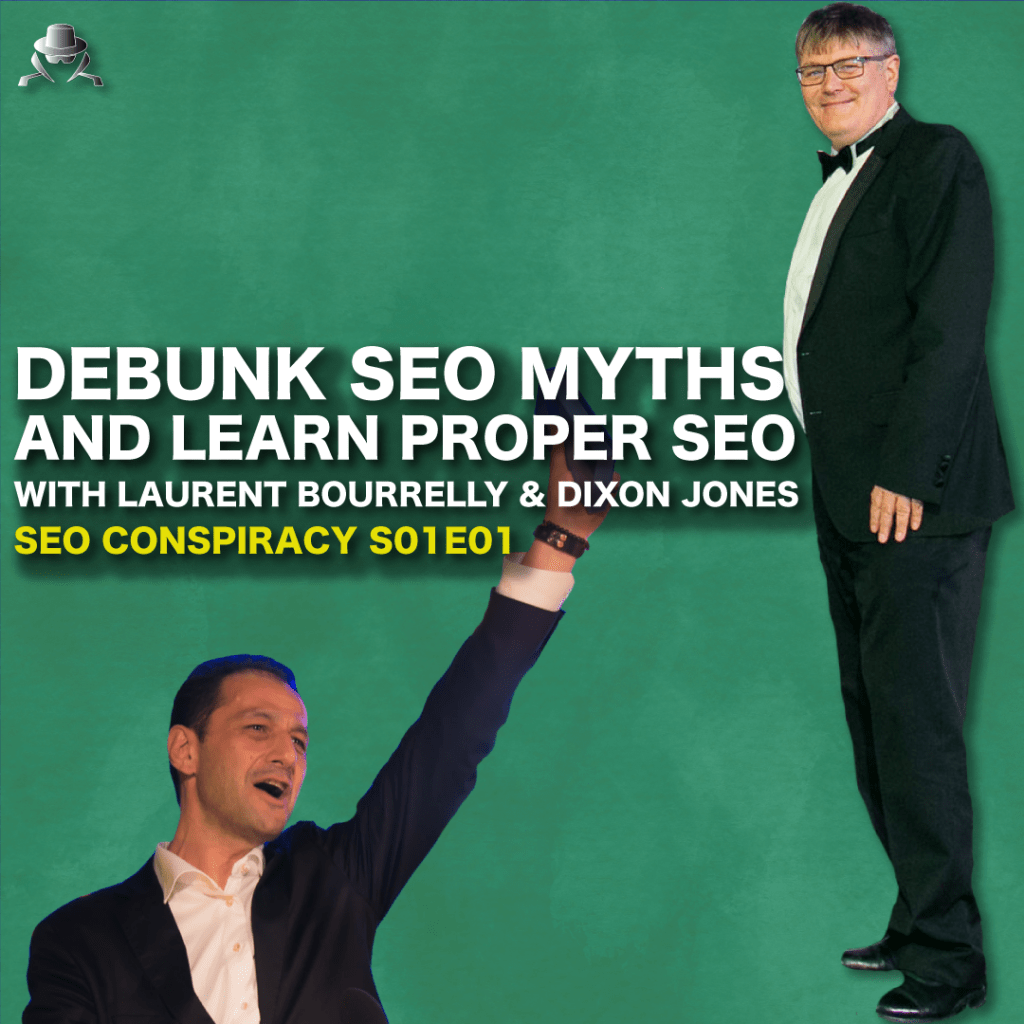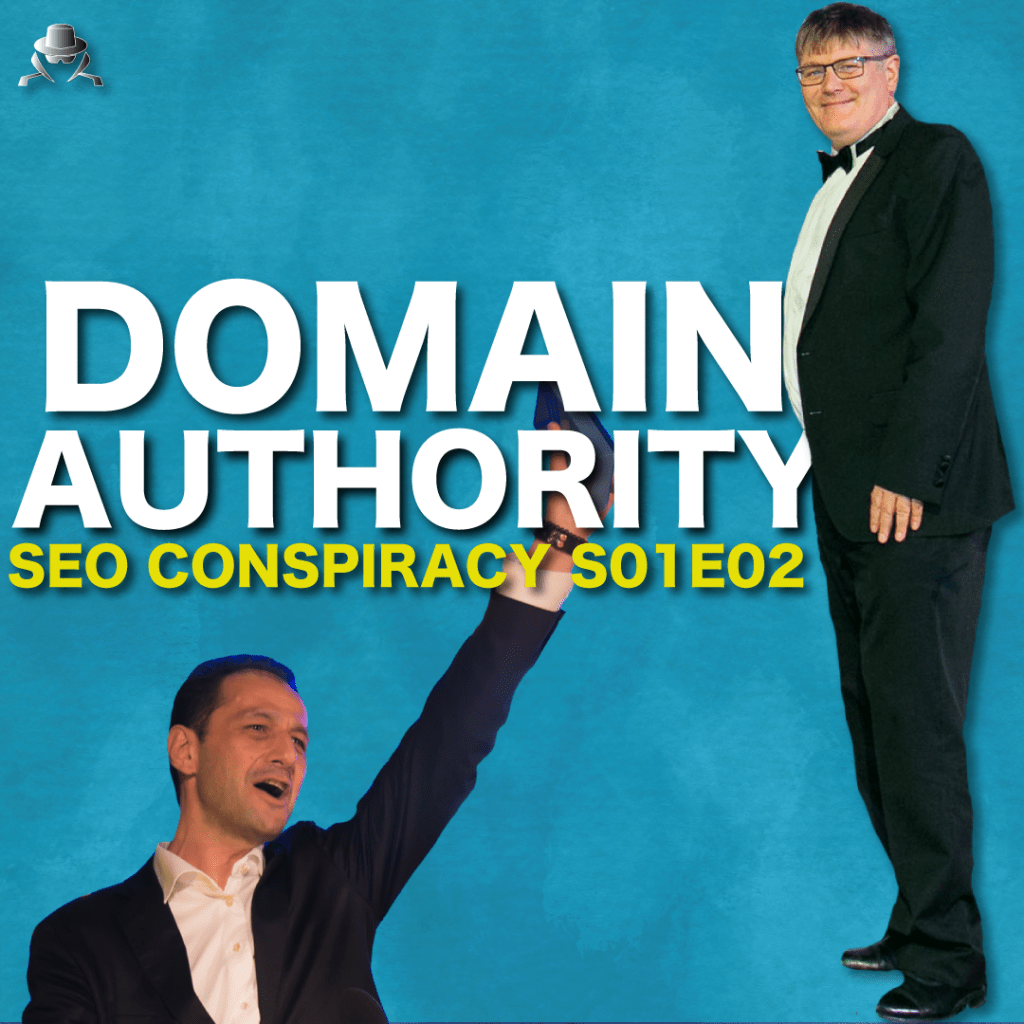Insights from 2004 to Today, and Why Being Wrong Can Be the Best News.
The Only Thing You Know is That You Know Nothing: Why SEO Keeps Changing
“The only thing that you know is that you know nothing.” That phrase might sound philosophical, but it perfectly sums up the world of Search Engine Optimization (SEO). One day you hear one thing; the next day, you hear the opposite. We’re playing a game of poker without clear rules, and every time you think you have a winning hand, the rules evolve again. Yet, here we are, and I’m actually thrilled to say that I was wrong about some long-held beliefs. Why? Because in SEO, being wrong can push us in the right direction—toward a winning strategy.
Before we dive into the details, let’s say a quick hello to Horse CEO (don’t ask—just go with it). It’s cold outside today, but that’s not stopping us. Yesterday, we were jumping around, and if you’re wondering why… well, sometimes you need to shake things up to see the big picture.
Now, what’s the big deal? Why am I calling this “the biggest news since I started SEO in 2004”? Because we have two gangs of thought in SEO, and the way they clash sheds new light on how search engines really work.
Two SEO Gangs: Page-Level vs. Domain-Level
In one corner, we have the gang (my gang) that believes everything happens on the page level. This perspective says:
- Google interprets each page individually.
- A website is just a collection of pages, but each page’s content and structure stand on its own.
- Your strategy should revolve around optimizing these pages in context—who’s doing what, for whom, when, how, etc.
In the other corner, there’s the domain-focused gang, backing concepts like “Domain Authority (DA)” or “Domain Rating (DR).” They swear by sitewide metrics from various SEO tools that give you a single score. They say that this one number can tell you how “strong” or “authoritative” your entire website is.
Why I’ve Fought the Domain Authority Myth
For years, I’ve been challenging the idea of Domain Authority. Why? Because:
- DA is a private metric. The companies that publish DA or DR don’t reveal exactly how they calculate it.
- Google has never confirmed they use a “domain authority” metric.
- Real SEO metrics—like PageRank—were once out in the open. We had formulas and patents that we could analyze.
Sure, Domain Authority or Domain Rating might offer some directional value, but if you can’t see how the formula works, it’s just another “magic potion cooked under a full moon,” as I like to say.
Learn more about Domain Authority
Google Leaks, Lawsuits, and the True Meaning of “Website”
Fast-forward to today. Google’s official documentation, various leaks, and even the recent USA vs. Google lawsuit shed light on how search engines might treat sites:
- Page-Level Ranking: Google confirms it ranks pages, not entire websites, in many of its official statements.
- Sitewide Signals: Google also refers to “sitewide signals”—metrics that might apply to all pages on a host or property.
- What Even Is a ‘Website’?: From a search engine perspective, a “website” could be a host, a subdomain, or even a cross-domain entity. It’s not as straightforward as apple.com or horseseo.com for us humans.
So does a “website” exist or not? Well, it does—just not necessarily how we define it. Google groups and classifies “sites” by host, subdomain, or properties. That’s how they assign trust, which pages they choose to crawl, and how they decide which ones deserve to rank.
Topical Mesh & Semantic SEO—Why It’s the Way Forward
Putting Pages in Context
Enter the concept of Topical Mesh (or Topical PageRank, Topical TrustFlow, etc.). It’s a method that focuses on semantic SEO:
- Context and Relevance: Each page is optimized for a specific topic or keyword set, and these pages interlink in a logical structure.
- Entity Building: Your brand or entity becomes recognized by Google as an authority in a certain niche.
- Correlations that Work: Plenty of SEOs who test these methods see better results when focusing on topic clusters and structured internal linking rather than on “domain authority.”
Brand Building & The “Miracle” of Being Wrong
I started in marketing in 1994, then went full-time into SEO in 2004. Branding has always been a core part of that journey. Why? Because building a brand is also a mechanical process—it’s a collection of specific actions that grows trust and recognition.
- Google Rewards Strong Entities: If your brand is recognized as an entity, you gain trust in the eyes of search engines.
- Being Wrong Is Good: Realizing that sitewide signals do matter to some extent doesn’t invalidate the page-level approach. Instead, it confirms that brand building and strong sitewide trust must accompany well-optimized pages.
Miracles happen every day in SEO, but they’re rarely magic. They’re the result of continuous testing, adjusting, and sometimes admitting you were wrong.
The Future of SEO: 201010, Predictive Crawling, and Perfect On-Page
Why Perfect On-Page Matters More Than Ever
With predictive crawling, Google decides which pages to crawl or index based on a “first look.” If the initial pages on a site don’t meet certain quality thresholds, Google may ignore the rest. This means:
- Make Your First Pages Count: Launch new sites with clean, high-quality pages.
- Adopt SEO Best Practices: Title tags, meta descriptions, headers, internal linking, structured data—no shortcuts.
- Go In-Depth: If you choose to write about a topic, cover it thoroughly.
201010: Text on HTML, Not Half-Measures
I often refer to 201010—the idea that you need to go all-in on text content and structured HTML. Cutting corners is no longer an option. You can’t rely on half-baked efforts or sloppy code. If you do:
- Google will see it and downgrade your content.
- Users will bounce, as they won’t find your content engaging or useful.
Embrace Change, or Get Left Behind
SEO is work, but it’s worth it. It’s not about guesswork or voodoo magic. It’s about methodology, testing, iterating, and—yes—sometimes admitting you were wrong so you can align with the right strategy.
Remember:
- Build your content page by page, but don’t ignore overarching sitewide signals.
- Embrace semantic SEO, as it’s the proven route to clarity and trust.
- Don’t fear domain-level signals, but recognize they’re a byproduct of strong page-level optimization and entity building.
- Stay open-minded. The rules will change again. The question is, will you be ready to adapt?
Whether you’re just starting out or have been in the game since 2004 (like me), the key to winning the SEO poker match is understanding that you might know nothing—and that’s OK. Because once you accept that, you’re free to discover what really works and move forward, making this dynamic, ever-changing digital space your very own.


